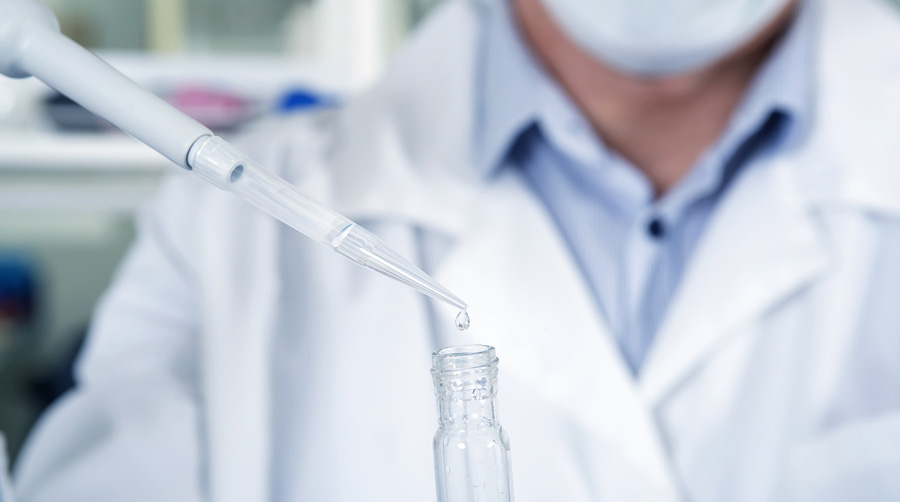Certain professions are shrouded in mystery. This is the case for microbiologist, who is often seen working in a laboratory, clothed in a white lab coat and seated in front of a microscope. But, what do they do exactly? To find out, let’s take a magnifying glass to their main responsibilities, average salary and job prospects for microbiologists in Canada.
Microbiologists study the structure, metabolism, genetics and ecology of various microorganisms (bacteria, viruses, moulds and algae) to understand how these “little bugs” live, develop and interact between them and their environment. Therefore, as indicated on the website of the Association des microbiologistes du Québec (AMQ), microbiologists can just as well work in a laboratory analyzing the microbial safety of agri-food products as in an environmental assessment firm to control air, water and soil quality. In all cases, their responsibilities are substantially the same.
Tiny organisms, but big responsibilities!
On the whole, microbiologists have the following responsibilities: studying the nature and characteristics in order to classify them, isolate them and culture them. Then, produce chemical, biological and behavioural analyses of the microorganisms. Finally, microbiologists who love research pursue a career as a researcher and university professor. In this case, they set experiments in motion, participate in scientific congresses and publish articles which hopefully lead to interesting results.
A variable salary
The salary earned by microbiologists in Canada depends greatly on their level of education, seniority and industry. Thus, according to the Métiers Québec website, the average annual salary for a microbiologist in 2015 with 10 years of experience was $57,900 in the private sector, $62,500 in the health sector and $78,100 in the university sector.
Proliferating job prospects
Because of their study purpose (microorganisms are everywhere!), microbiologists have the opportunity to work in several economic sectors such as the industrial, pharmaceutical, agri-food, biotechnology, environmental and clinical fields. Consequently, the work both in private
industry as well as in government bodies, the education system, analytical laboratories, research centres and consulting firms. So they have many job prospects and over the years microbiologists may hold positions as analysts, project managers, supervisors, coordinators, scientific directors, consultants, teachers and researchers.
That said, on closer examination, one thing becomes clear: this is a job that is as lively as the microorganisms!
- Special COVID-19 - A review of hirings and dimissals - May 2021
- Four inspiring examples of gamification
- A REVIEW OF HIRINGS AND DISMISSALS IN CANADA – APRIL 2021 (SPECIAL COVID-19)
- A review of hirings and dismissals in Canada - March 2021 (Special COVID-19)
- A review of hirings and dismissals in Canada - February 2021
